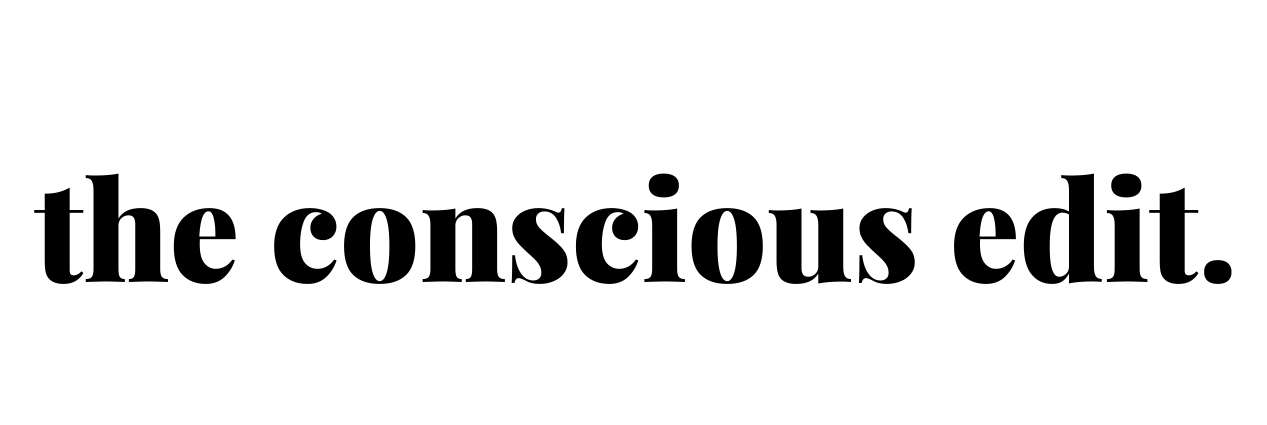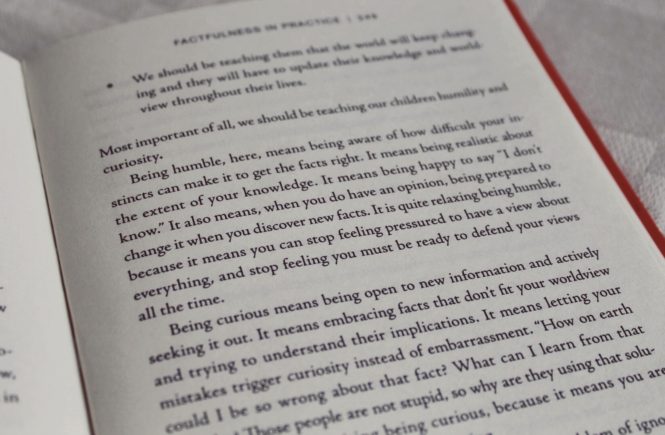The state of the world is on one hand better than ever as living standards are going up across the world. But at the same time, what we see in media is often much more bleak, with a lot of fear, hate and anger coming across.
It’s coming from people in power (read Trump) and it’s coming from the ordinary person that lives in your local community. And in Sweden, it’s coming from a political party that received 17.5% of national votes in the election on Sunday. What they share is a mentality that’s about finding someone else, ideally someone ‘different’, to blame for everything that’s wrong with the world, or just their own living situation. But I also feel that sometimes it just sounds like they want to find someone to blame, because they’re angry – angry about something they can’t quite define but it’s an anger that in some cases is taking over common sense and compassion.
I know there are a lot of bad things going on, and people are feeling powerless when they see issues in their community that aren’t improving. But blaming others or depending on others (politicians, police etc) to fix all problems can’t be the full solution. Especially when it just feeds on anger and a feeling of hopelessness.
Anger and hate feeds anger and hate – turning our backs on problems and thinking that ‘going back to what was before’ is the only solution is just not going to work. Taking a step back and looking at what we can do to help might.
What are the issues you see in your daily life, in your community, in your country? Are you doing anything to actually make them better? If not, what could you be doing?
Us and them
A key cause of this hostile climate is the evolvement of the us-and-them mentality. A mentality that’s dividing people and are pushing us further away from each other the more we talk about it. Even those who mean well by taking a stand against something ‘bad’ are still adding to this sense of us and them, rather than trying to meet over dialogue to try to understand the other. Before we know what ‘the other’ think and feel, and why they’ve come to form the opinions they have, it’s very difficult for us to actually meet their arguments and discuss.
In this information age we all think we know the most, and have the most well-informed opinions, and we won’t be able to understand someone else’s views (and we definitely won’t be able to change their views) unless we are willing to hear their arguments and even be open to changing our own views. The ever so inspiring Hans Rosling wrote about this in his final book – Factfulness – before he sadly passed away last year and the world lost a genius and a champion for a fact-based world view.
“Being always in favor of or always against a particular idea makes you blind to information that doesn’t fit your perspective. This is usually a bad approach if you like to understand reality. Instead, constantly test your favorite ideas for weaknesses. Be humble about about the extent of your expertise. Be curious about new information that doesn’t fit, and information from other fields. And rather than talking only to people who agree with you, or collecting examples that fit your ideas, see people who contradict you, disagree with you, and put forward different ideas as a great resource for understanding the world.”
Filter bubbles – on social media as well as in real lives where we only meet people like us and where social exclusion is a huge problem – are increasingly becoming an issue when it comes to dialogue and understanding. Many of us are already caught up in them but we need to, urgently, broaden our perspectives. Read things we don’t normally read, try to actually speak to someone who is different to us instead of making assumptions, travel somewhere we haven’t been and find out how people live there, take part in local integration initiatives. And if you haven’t done so already, read Factfulness by Hans Rosling, Ola Rosling and Anna Rosling Rönnlund.
The recent election in Sweden and the constant climate crisis that isn’t being seriously considered by consumers, corporates or politicians can bring anyone’s mood down. But we can’t give up, and we can’t rely on ‘someone else’ to fix things – we have to take responsibility ourselves and do what we believe in and what we think can help make our community / society / country / planet a better place.

